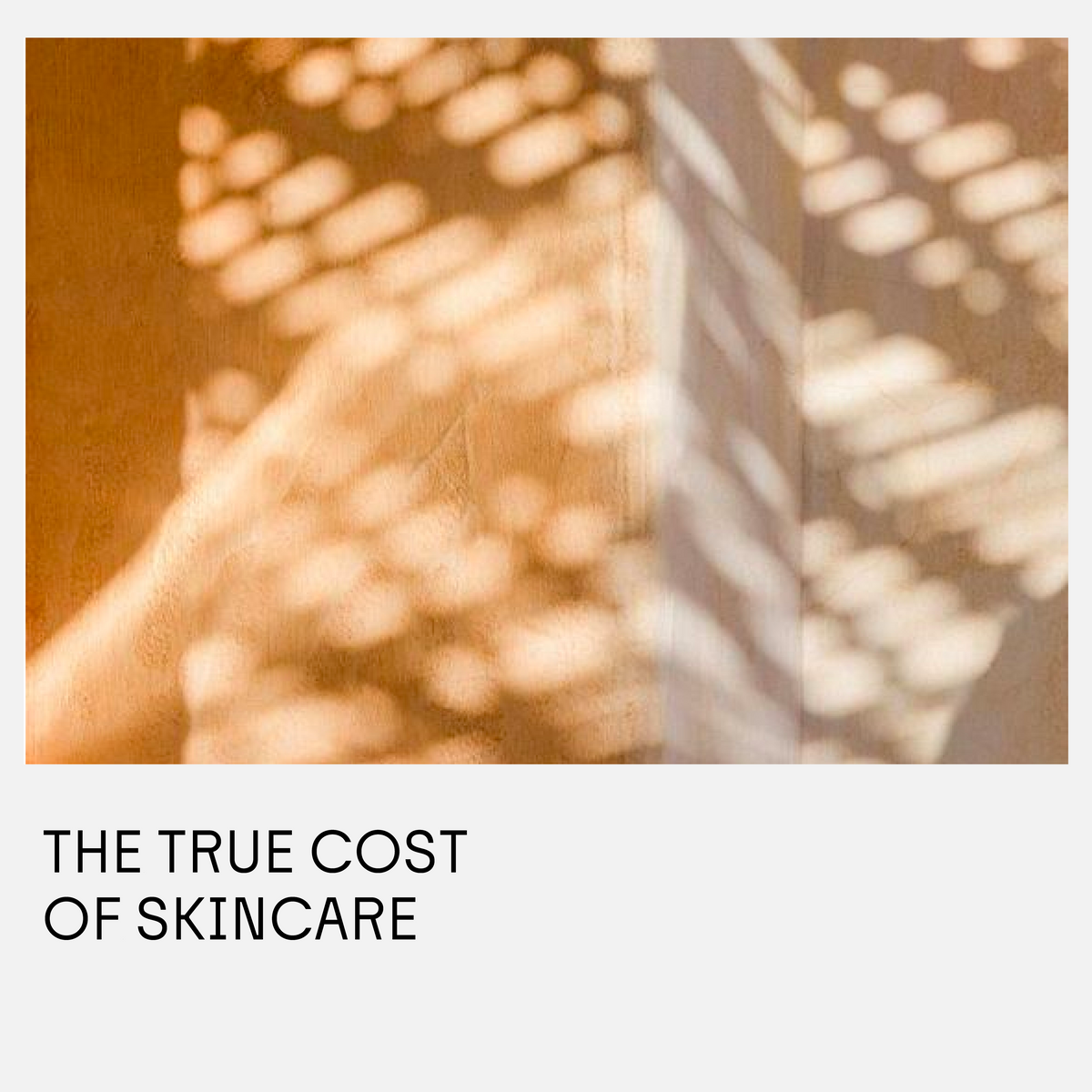- Regular Price
- $19.99
- Sale Price
- $19.99
- Regular Price
- $19.99
- Unit Price
- per

A core value for us at Frabella has always been sustainability. We strive to provide luxury skincare products, without harming the earth. We're so lucky to be able to share the wonders of natural goat milk with you, and put this gratitude at the forefront of our work.
There's an abundance of mainstream, positive messaging surrounding the wonders of natural & sustainable consumption. However, we feel that the media has done an injustice at communicating just how harmful standard skincare really is. What I'd like to term as "standard products", are still the object of mass consumerism. People pay a premium to 'eliminate frown lines' irrespective of the harsh ingredients, or excessive plastic packaging. Big brands that can afford to invest in sustainable practices neglect to do so in the name of increasing profit margins.
But let's take it back to a societal level. What if the actual cost of skincare isn't just the number on the price tag? What if the skincare industry hurts humanity on the whole more than our bank accounts?
Well, we're here to tell you that it's not a what if. It's a reality.
Approximately 120 billion units of plastic packaging is globally manufactured every year by the skincare industry. Let me say that again. One hundred and twenty billion units. And guess what? Most of it isn't recyclable. In fact, did you know that a typical moisturiser pot takes 1,000 years to decompose? And, let's not forget that the pot won't be the only plastic component. You have plastic wrappings, boxes, tags - all present in a single purchase.
Where does all this plastic go you ask? Well, not only does the majority end up in landfills for the next handful of centuries, but also the ocean. This poses an extreme threat to sea life and the earth as a whole. Also, no one talks about the fact that micro bacteria attaches to said plastics and creates their own ecosystem?! Because plastic takes its sweet time to decompose, it ends up travelling through the sea - sometimes to other countries taking the micro bacteria with it. In other words, plastic that ends up in the ocean can contaminate countries with foreign diseases. If that's not an argument to denormalise its use, then I honestly don't know what is.
Take a look at our soaps - not a single trace of harmful plastics are found. While society can't eliminate plastic usage entirely, we can reduce and mitigate its harms. Consuming solely natural and eco-friendly products like ours is an easy way to do so. And, if you've read our other blogs, you'll be helping your skin out as much as the ecosystem!
The sustainability of cosmetic ingredients is also important to consider when it comes to sustainable production and consumption. From the way they're sourced to unsustainable framing practices, the production of common ingredients are infamous for unsustainability.
Let's take a look at public enemy number one. Palm oil. It's used in literally half of all cosmetic goods. It might not sound like it, but that's a lot of products. For context, every hour, about 300 football fields of forests are cleared for palm plantations. This destroys ecosystems and leads many animal species into extinction. Not only this, but such clearing released thousands of tonnes of carbon dioxide, contributing to climate change and global warming.
As long as demand for cheap, standard products containing palm oil remains, so will deforestation, animal extinction and global warming. The only way to halt this practice, is to shift consumer preferences in favour of naturally derived products. Frabella takes a strong stance against the use of palm oil - in fact, that word doesn't even exist in our vocabulary. Instead, our products contain sustainable oils, addressing your skin concerns through natural means. For example, our Honey & Manuka Soap contains coconut oil, olive oil, sunflower oil and manuka oil to soothe and hydrate your skin. No palm oil needed.
This only just touches the surface on the true cost of skincare. The industry continues to engage in unsustainable, damaging practices and will continue to do so until demand flails. We've posted a lot about how goat milk benefits your skin, or your hair. But equally, substituting standard products for a goat milk skin regime also helps the earth. It helps the ecosystems, it helps the animals and it helps prevent global warming. Why not pick a product that does both?
0 comments